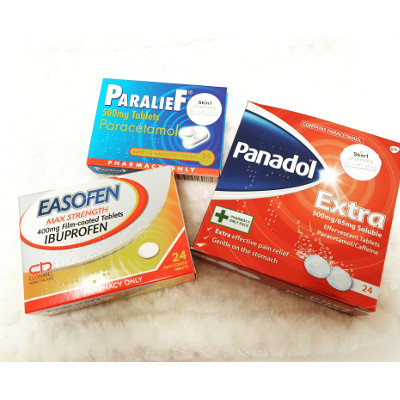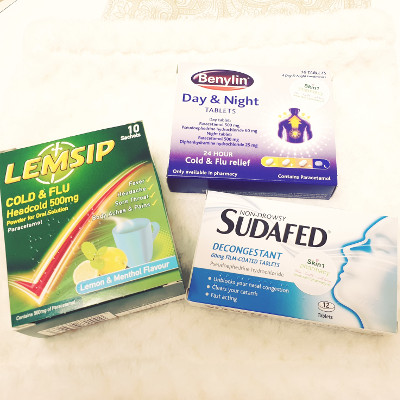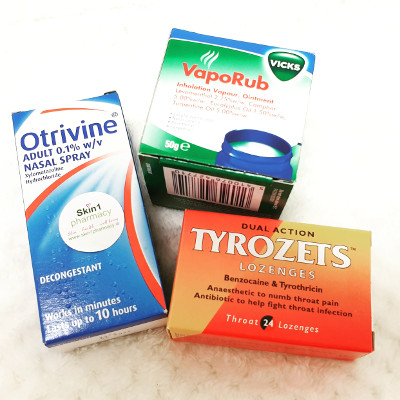Your cart is empty
Blog
A cold is a mild viral infection of the nose, throat, sinuses and upper airways. It is very common and usually clears up on its own within a week or two.
What are the symptoms?
Runny nose, sinus pain affecting the forehead, cheeks and nose, nasal discharge, nasal congestion, fever, scratchy or sore throat.
How long have they had symptoms?
If the onset is immediate it is more likely to be flu.

For most, the symptoms can be easily managed at home with OTC medication. Colds do not respond to antibiotics because they are caused by virus. The common cold is the most frequent infectious disease in humans and occur more commonly during the winter. The average adults gets two to four colds a year while the average child may get six to eight.
In general, a person becomes contagious from a few days before their symptoms begin until all their symptoms have gone. This means most people will be infectious for around 2 weeks. Several different viruses can cause a cold, so it is possible to have several colds one after the other, as each one may be caused by different virus.

How to treat a cold?
- Resting, drinking pleanty of fluids and eating healthily.
- Taking OTC painkillers, such as paracetamol or ibuprofen, to reduce any fever or discomfort.
- Using decongestant sprays or tablets to unblocked nose
- Medicated lozenges can provide relief from sore throats.

When to refer furher advice?
People whose symptoms persist for more than 3 weeks or have symptoms which get suddently worse should see their GP. People with respiratory problems and breathing difficulties should seek advice.
High fever - a high temperature above 39 degree that does not come down when treated with ibuprofen and/or paracetamol.
How to prevent the spread of a cold?
- Wash your hands regularly, particularly before touching your nose or mouth and before handling food.
- Always sneeze and cough into tissue. This will help prevent the virus-containing droplets from you nose and mouth entering the air, where they can infect other. You should throw away used tissues immediately and wash your hands.
- Clean surfaces regularly to keep them free of germs.
- Use your own cup, plates, cutlery and utensils.
- Do not share towels or toys with someone who has a cold.
It is important not to take various medications simultaneously as it could lead to overdose. Antibiotics have no effect against viral infections or against the viruses that cause the common cold.

